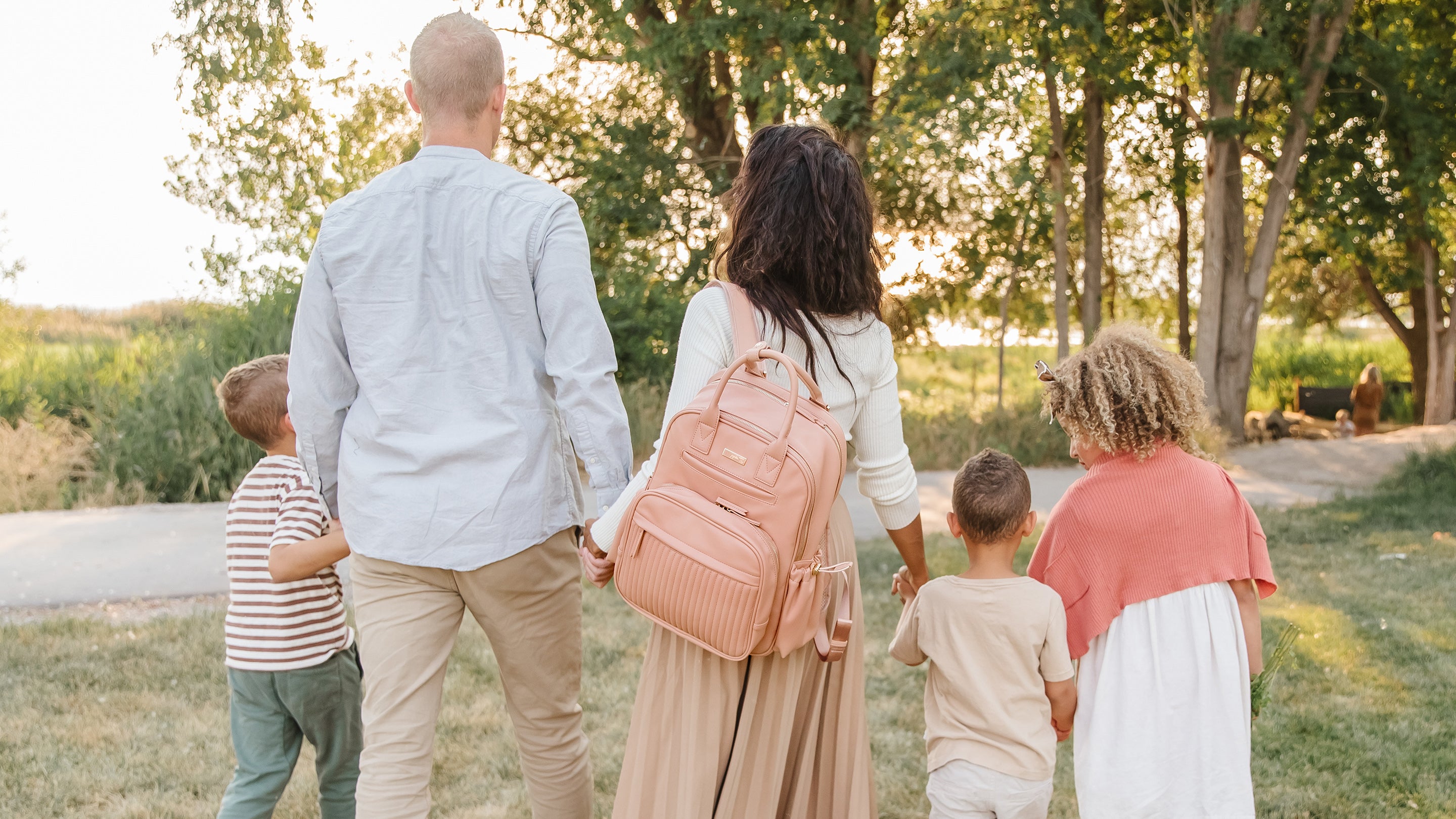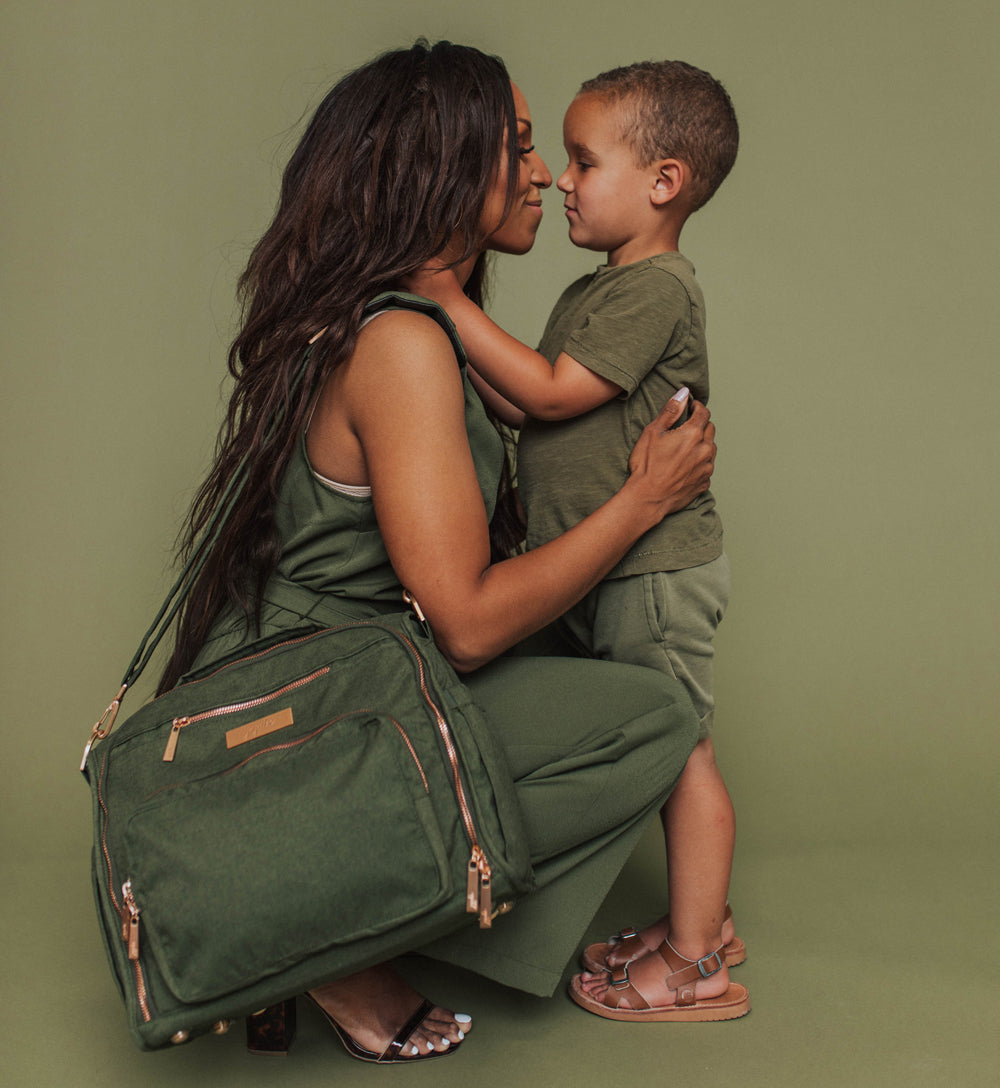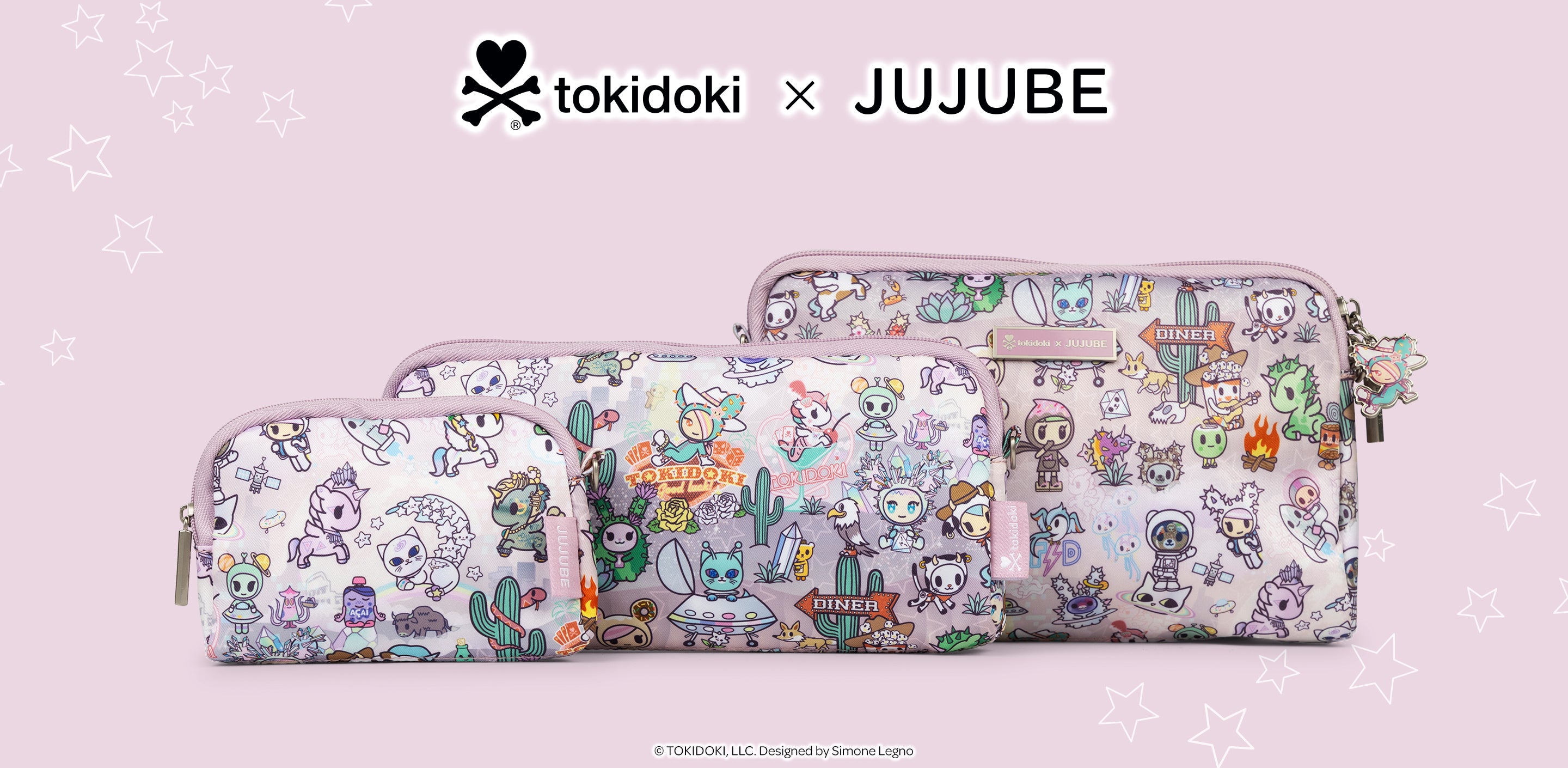Young children are like sponges, constantly absorbing the world around them. Every day, they are learning, processing, and synthesizing the input they receive – how to treat others, what to be afraid of, where the boundaries are, what food tastes good and what is too sour. They watch, and hear, and trust the information they receive.
For parents, the responsibility of 24/7 teaching our little ones is both incredibly daunting and remarkably easy to forget. We’re aware of the weight of the task we carry, but also so easily lost in the auto-pilot of our normal daily routine. Every day, casual comments, divided attention, and our basic human-ness are teaching our kids right alongside our wisdom, careful planning, and intentional fun.
Our kids are looking at us as examples of “how to people.” Scary, right?
Here’s what we know for sure: making mistakes, getting distracted, and occasionally failing are ALL part of being human, and your “humanness” can be the safest and most validating force for your kids. With a little intention, you can turn even the most awkward parenting fail into a teaching moment that helps your kids feel seen, understood, and celebrated.
Here are a few small ways to make a big difference in your child’s life:
Listen well.
We live in a world that keeps us constantly distracted, and let’s face it – we’re only half listening most of the time. At least once a day, make it a point to treat what your child is telling you as though it’s the most important information you’ve ever heard. Put away phones or other devices, make eye contact, nod and respond, and ask thoughtful follow up questions. In a world where attention is one of the rarest commodities, your child will light up and remember always the times you gave them yours.
Create moments of play.
It’s okay if playing dolls or trucks or hide and seek with your kids isn’t your thing, but make sure you find a way to have fun alongside your child regularly. Schedule a thirty second morning dance party, have a sing-a-long in the car, take a spontaneous trip, or make midnight pancakes – your kids will form long-lasting memories of the times you were silly and laughing together as a family.
Apologize when you’re wrong.
We get to teach our kids that it’s okay to make mistakes, and that they’ll still be loved and accepted when they do. When we model admitting our own mistakes without shame, taking responsibility for our actions, and working to repair any harm we caused, we show them that they’ll be okay when they need to do the same, as well as teaching them how good it feels to receive an apology. Nobody is perfect, and that’s completely okay!
Try new things together.
Trying new things is scary for EVERYONE. Help your kids build grit muscles by showing them how to step into the unknown. Maybe it’s family surfing lessons, or trying yoga, or learning a new language. Let your kids see you try, struggle, and learn. You’ll get the benefit of a new skill and some beautiful memories, and they’ll see that sticking with something (even if you don’t succeed the first time) can be totally worth it.
Help them name their feelings.
Kids have a way of getting upset about things we know aren’t a very big deal, like a broken cookie, or a three minute wait in line. Instead of dismissing or punishing your child’s big feelings, remember that they’ve only been on the planet for a handful of years and haven’t had much time to learn what is or isn’t a catastrophe – these things feel very real to them! Help your kids name their feelings (oh, you’re really sad that the cookie is broken! A whole cookie would have felt more exciting to you, wouldn’t it? Can I give you a hug?) and watch the way your empathy calms them. They’ll feel seen, and you’ll have kids who know they can come to you when they have big feelings.
Give compliments that last.
Since the vast majority of compliments kids receive will be on their looks, their clothes, or their stuff, make an effort to compliment their character. Tell them you noticed when they were kind, or thought their idea was great. Tell them you’re proud of how hard they worked or that they listened to their body when they needed to rest. Remind them that it’s who they are, not how they look or what they do, that matters most.
Kids are ALWAYS listening, and it only takes a few minutes of intention to make a big difference in how they feel about themselves and the world around them. The time we have to be their heroes is short – let’s make sure we spend it wisely!





